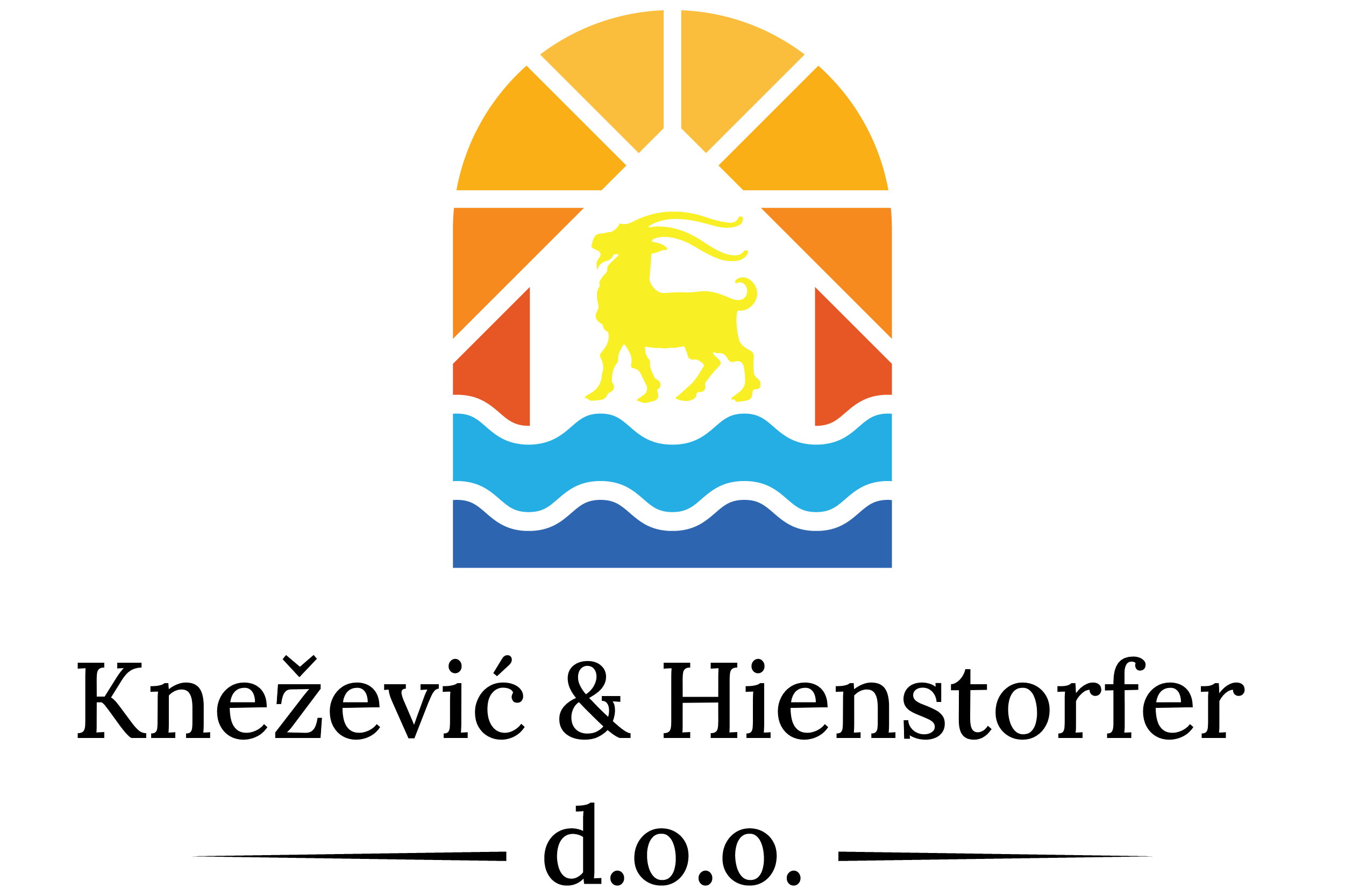Croatia offers investors unique opportunities through the already completed EU accession, accession to the EU currency area on January 1st, 2023 and through the investment-friendly flat tax tax system.
Record sales in tourism
Croatia also saw a new visitor record in 2021 with 13.8 million visitors and 84.1 million overnight stays. The preliminary figures for 2022 also indicate a renewed increase in demand.
The increase in air travel due to the introduction of CO2 emission certificates and higher oil prices are reinforcing the trend away from long-distance travel – to nearby Istria.
Yield opportunities from holiday properties
The short-term rental of holiday homes to holidaymakers is currently possible in Istria with a return of 8-10%. Let us advise you on how to achieve this.
Price alignment through EU and euro accession
Croatia’s accession to the common euro currency area has also benefited the price alignment for real estate that has been observed for years. Real estate prices in Croatia are rising and are approaching the much more expensive euro countries Italy, Austria & Slovenia.
By joining the euro, Croatia has better access to the capital market and can finance itself better at lower interest rates than with its own currency. The rating agencies are also giving Croatia better and better grades, making it easier to obtain credit.
Accession to the EU in 2013 enabled duty-free market access to the European Union and thus benefits Croatia’s economic development.
Flat-Tax System
Entrepreneurs and digital nomads in particular benefit from the flat tax tax system in Croatia. Croatia is characterized by significantly lower corporate taxes and significantly lower withholding taxes / capital gains taxes than most European countries.
further information (external link):
